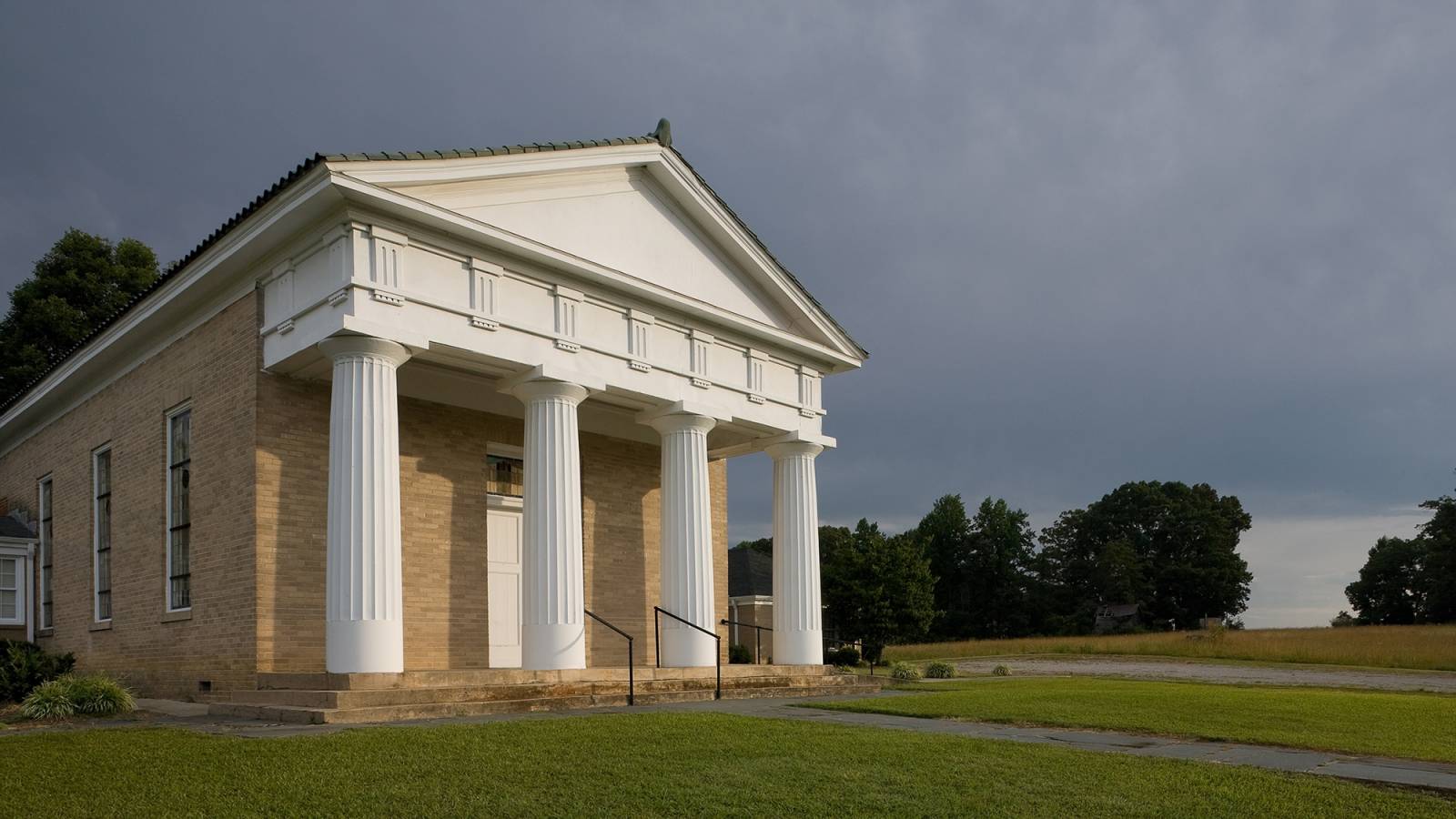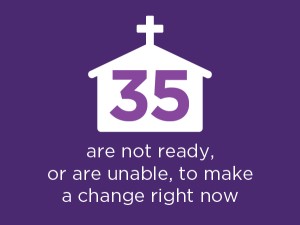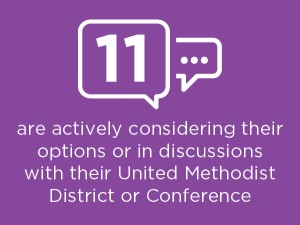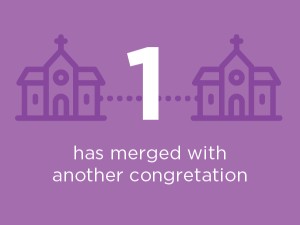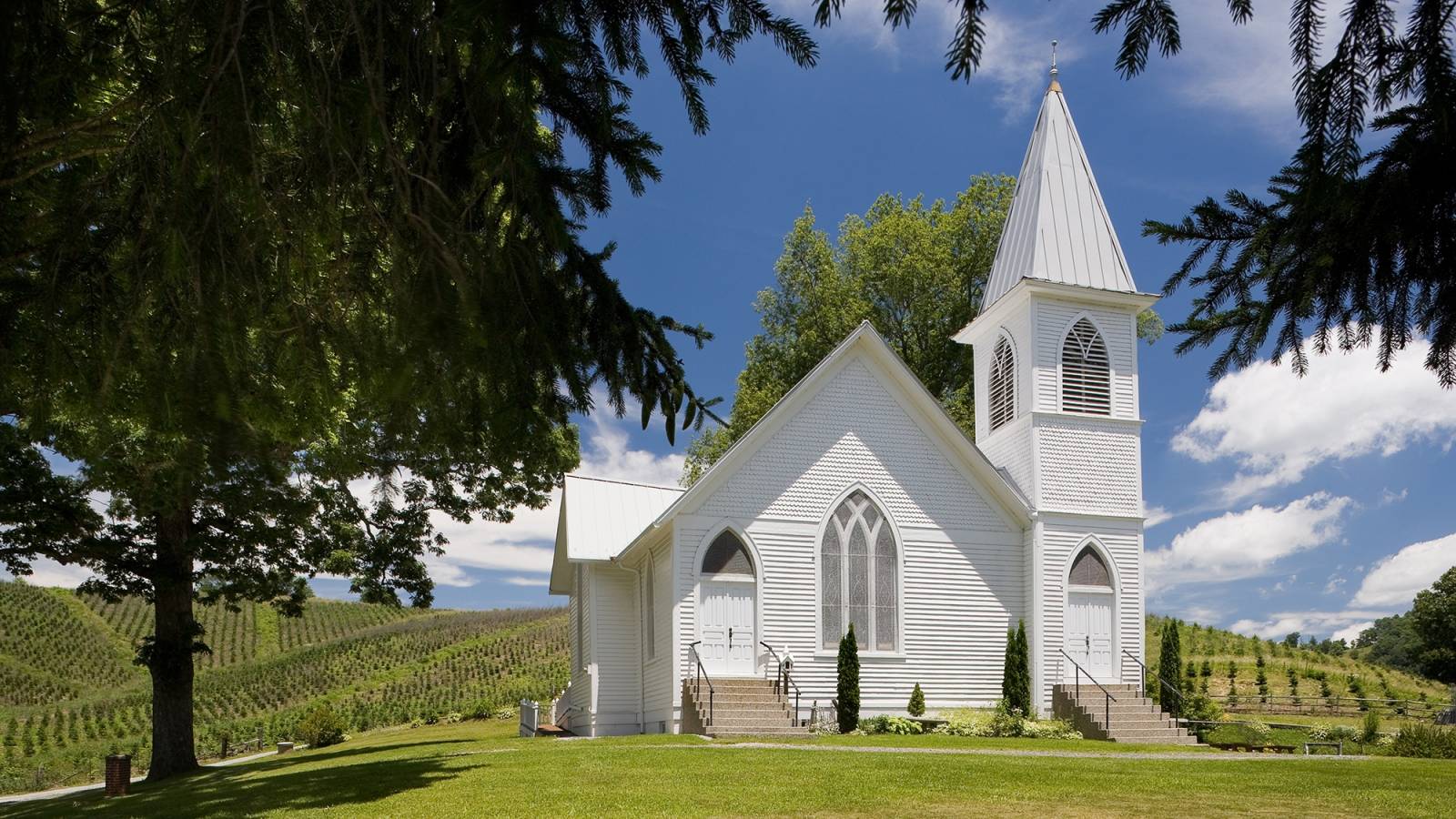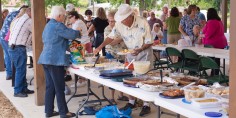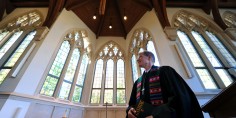By the time Calvary United Methodist Church made the difficult decision to close its doors for worship in 2018, the congregation had dwindled to about 20 people. Most members of the Asheboro, North Carolina, church were more than 70 years old, and maintaining the building and its property was a struggle.
Today, however, that same structure is being transformed into a much-needed shelter for women and children. The rebirth was helped through a partnership with Wesley Community Development, an affiliate ministry of the Western North Carolina Conference of the United Methodist Church. Supported by The Duke Endowment, Wesley helps faith communities repurpose their real estate and match local needs with church resources.
Methodist leaders say the program addresses a challenge in many rural regions, where Sunday attendance is often falling and congregations are struggling to maintain a vital role in their communities.
“With rooms and parking lots sitting empty during the week, many of these churches feel their property is more of a burden than an asset,” says Joel Gilland, Wesley’s president. “We’ve gotten into this silo mentality where we lock the doors after Sunday service and it’s, ‘See you next week.’ But that’s not the history of the Methodist church. That’s not the type of engagement that will keep churches vibrant in the years ahead.”
Faithful Decisions
In North Carolina, the average United Methodist church is used just 14 percent of the time during the week. Nearly 20 percent of churches in the state have an average weekly worship attendance of 20 parishioners or fewer.
The Wesley team works with pastors and lay leaders to gauge how their buildings and land are being used. They study demographics to learn more about pressing needs in their communities. Wesley has mapped out all United Methodist real estate in North Carolina, which provides a local and regional look at how many other churches are in the area.
“The goal is to help them make faithful decisions about their future,” says Robb Webb, director of the Endowment’s Rural Church program area. “For some, that might be deciding to close. For others, it might be finding an innovative reuse of church property. We encourage congregations to get started, recognizing that each path will be unique to each situation and community.”
Wesley’s program, called Seeds of Change, has served 66 churches since launching with a $415,000 grant from the Endowment in 2015. One closed church is being redeveloped into affordable senior housing. Another subdivided part of its property to allow for retail and commercial development. Several have decided to rent underutilized space to local nonprofits.

